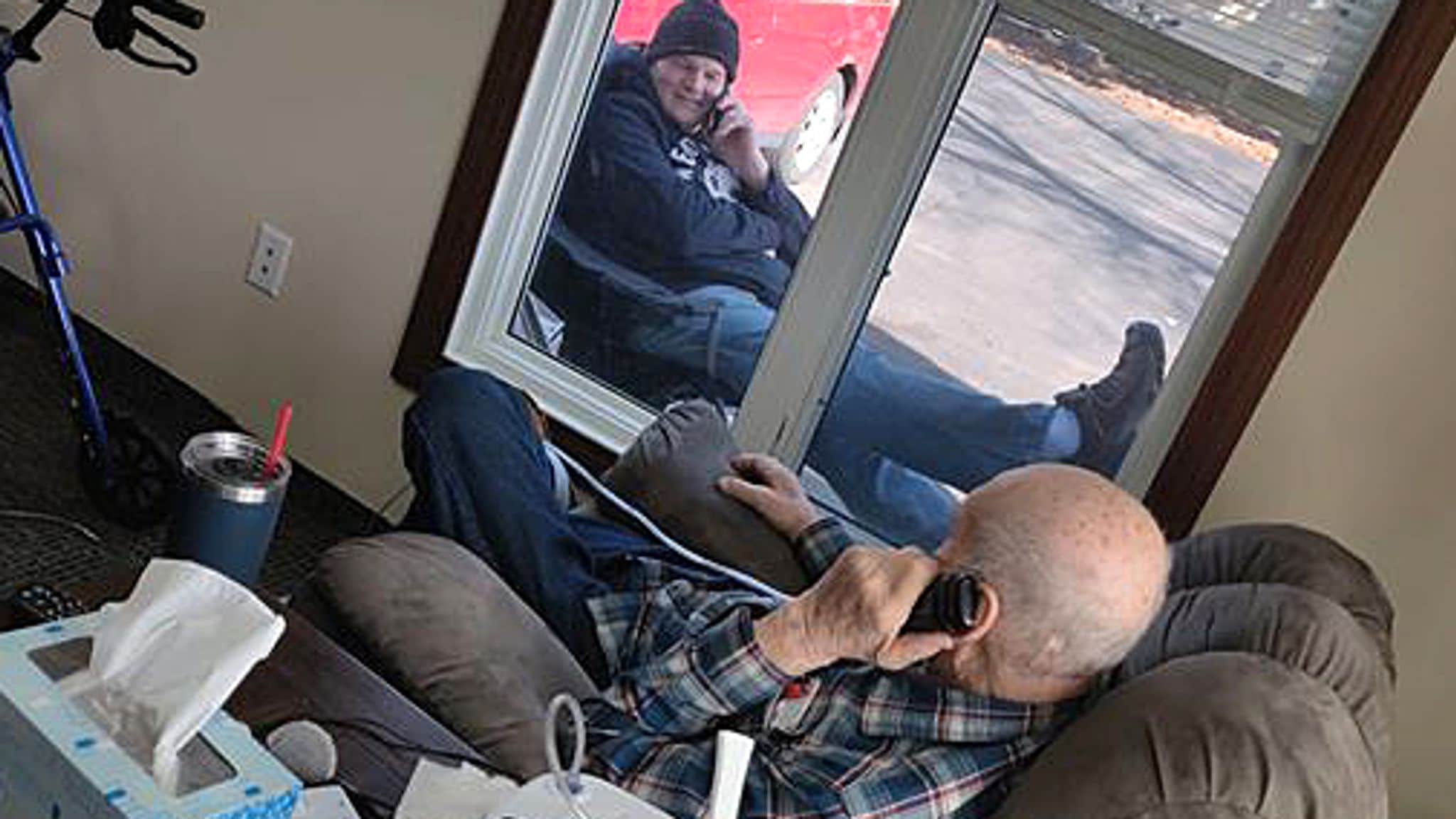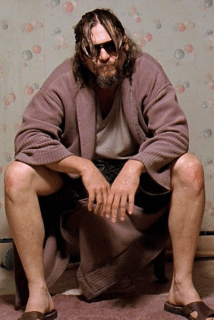How To Care For The Vulnerable During Lock Down
Health
Including vital information on how to manage the situation if they are infected. Smart advice from Kevin Godlington, an ex-special forces soldier who worked during the Ebola emergency in Sierra Leone.
Today, with a volunteer army of 400,000, its combined firepower is 2.3m people, making it nearly the largest employer in the world, second only to the US Defence Department.
This vast weapon of human resource stands as the line of defence between you all and this virus that is ripping the world apart.
This is our NHS.
Voted number ONE in the world for health care, for all. We are defined as a nation by what we do for those who don’t have, what we do when we are under attack, how we behave when the world is in disarray. We are remembered for our courage and composure, and our resolve.
Whilst other countries argue, fight and blame, as other nations pass the buck in press conferences and make audacious lies, we stand together, firm and strong, as we always have.
We know many of our people will die in the coming months, but we are united in medicine, in a unified national voice of command and control, with proper coordination and leadership. Whether you voted for Boris or didn’t, it matters not.
The time will come for whining and bitching when this is over. For now, we need to do our duty and follow the rules, if for nothing more than showing absolute solidarity with our NHS heroes who stand ready in our name.
Self isolation is upon us. ‘Social distancing’ and ‘stay home’ are now common phrases as we find ourselves creating viral separation to such an extent that Covid-19 may dissipate from whence it came. The problem with this is that often the most vulnerable, i.e. those with serious underlying health conditions and the old, may not wish to self-isolate and lock themselves away for 12 weeks while the country attempts to peak and roll down the other side of this public health crisis as the potential for vaccines and herd immunity grows.
In the military, soldiers become accustomed to long periods in lock down, either in camps or forward operating bases with little liberty and few comforts. But as we all age and enter twilight years, our accommodation becomes smaller, our space we occupy becomes tinier and more complete. Downsizing to release equity means many live in small accommodation which makes lockdown and self-isolation more difficult and lonelier.
So today I am going to set out a few pointers on how to help those vulnerable and elderly people in self-isolation. How to do it properly with structure and discipline, and with some tips on making their time in isolation more bearable and enjoyable.
The first thing to bear in mind is focus. The vulnerable person needs to get into the mindset that this is for 12 weeks, which requires great personal courage and self-discipline, no whining. It’s time to get their body and brain into the spirit of the task at hand. I also mean following strictly all government guidance found here, so make them stick to it, and make sure you fully encourage them daily and tell them how proud of them you are for doing their self isolation properly.
Before we start I want to familiarise you with the 72 hour rule. In none health care settings, if an area can be kept closed and secure for 72 hours, enough time will have passed for cleaning as the amount of virus living on surfaces will have reduced significantly in those 72 hours.
Deliveries and resupply….DEAD Letter Boxes and Vehicles
In military speak we call places to cache stuff for someone else to collect -DEAD Letterboxes – and the perfect DEAD letter box is a car!
Choose it and stick to it.
With the vulnerable person safely tucked up at home, you can head to their parked vehicle, top it up with a can of petrol and leave a nice box of treats or supplies (if you are so inclined) on the seat. Leave the car full of fuel, water for wipers, oil checked, tyres kicked (we don’t want them breaking down) for 72 hours before they take a drive, this will be sure Covid-19 is fucking dead! And can’t affect them. Granny can now get up early when there is no traffic and go for a nice long drive without the worry of stopping to refuel or get out of the car. Covid 19 cannot survive outside of your delightful body for more than 72 hours on surfaces. Make sure Granny takes her phone! Going for a drive gives great liberty and freedom.
Its good to talk..Stay connected, be disciplined and scheduled
Despite bandwidths for streaming survives being slightly reduced to cope with demand, there is plenty to go around. Make sure the vulnerable person has a device to use – you can use the DEAD letter box of the car or an outside box, if need be, to deliver one (remember to stick to 72 hours in between contacts, with instructions on how to set it up and use it, done over the phone). Have disciplined regular schedules calls with Skype, WhatsApp or any other of the video conferencing options, for face to face interaction. Face to face is really important and you could try doing something together as you video call, maybe even spending an hour doing a game. You can even watch movies on Netflix whilst being together on your phones in a video app, sharing in the joys of what a shit film you chose. Whilst eating microwave popcorn of course. Stay connected, and try and do this at set times, daily, offering support and encouragement.
Change your routine and times to exercise and leave your home, try and find interesting places to visit.
Being locked in is bad for mental health, there are only so many books and shows you can read and watch, so align with a daily routine and plan, breaking the day into one hour chunks of activity. Variety is the spice of life and the highlight will undoubtably be the daily exercise routine. So, what are the best ways to do this? Firstly get up very early, or wait till very late at night and drive or cycle. Walk someone they / you like, with open spaces and fresh air. It may be an empty beach at 5am or an open field at midnight under stars, or a park at 5am. You don’t have to be locked out of our beautiful biosphere if you plan well, to see the sky and feel the wind on your face. Rehearse the routes, mix your routine and follow the social distancing rules. Heading out late and early is my number one preferred way to get through this.
Emergency and improvised Personal Protective Equipment if your vulnerable person becomes infected, and you have to visit to care for them:
This is a tricky one, because you are going to expose yourself and even if you are fit and well, the next person you infect might not be. There are enormous global shortages of protective equipment, so this is only if you are in extreme circumstances and you don’t have government issued PPE.
Emergency PPE plan:
- If you have disposable aprons and gloves use them, otherwise wear gloves – and throw them away afterwards, leaving them double bagged for 72 hours, then dispose normally
- Wear overalls or clothes, 2 layers.
- Wear a face mask, buff or scarf, sunglasses or glasses (the eyes are very good at absorbing viruses).
- Take an empty 2 litre soft drink bottle, cut a square out of it, place this square of plastic over your face and fit it with a headband to replicate a splash visor.
- Stay only as long as you need to, to wash or care for the person. Try and keep 2m apart. Using a disposable cloth, first clean hard surfaces with warm soapy water. Then disinfect these surfaces with the cleaning products you normally use. Pay particular attention to frequently touched areas and surfaces, such as bathrooms, grab-rails in corridors and stairwells and door handles.
- Once home leave your clothes outside – strip before entering – double bag, dispose of normally after 72 hours or launder normally.
- Wash your whole body using government guidelines in soap and water.
- Do not drive your car for 72 hours afterwards.
- Allow as long as possible between revisiting, repeat the above process, ensuring 72-hour rule with everything.
Stay safe everyone, keep calm and carry on
Trending

Join The Book of Man
Sign up to our daily newsletters to join the frontline of the revolution in masculinity.


















